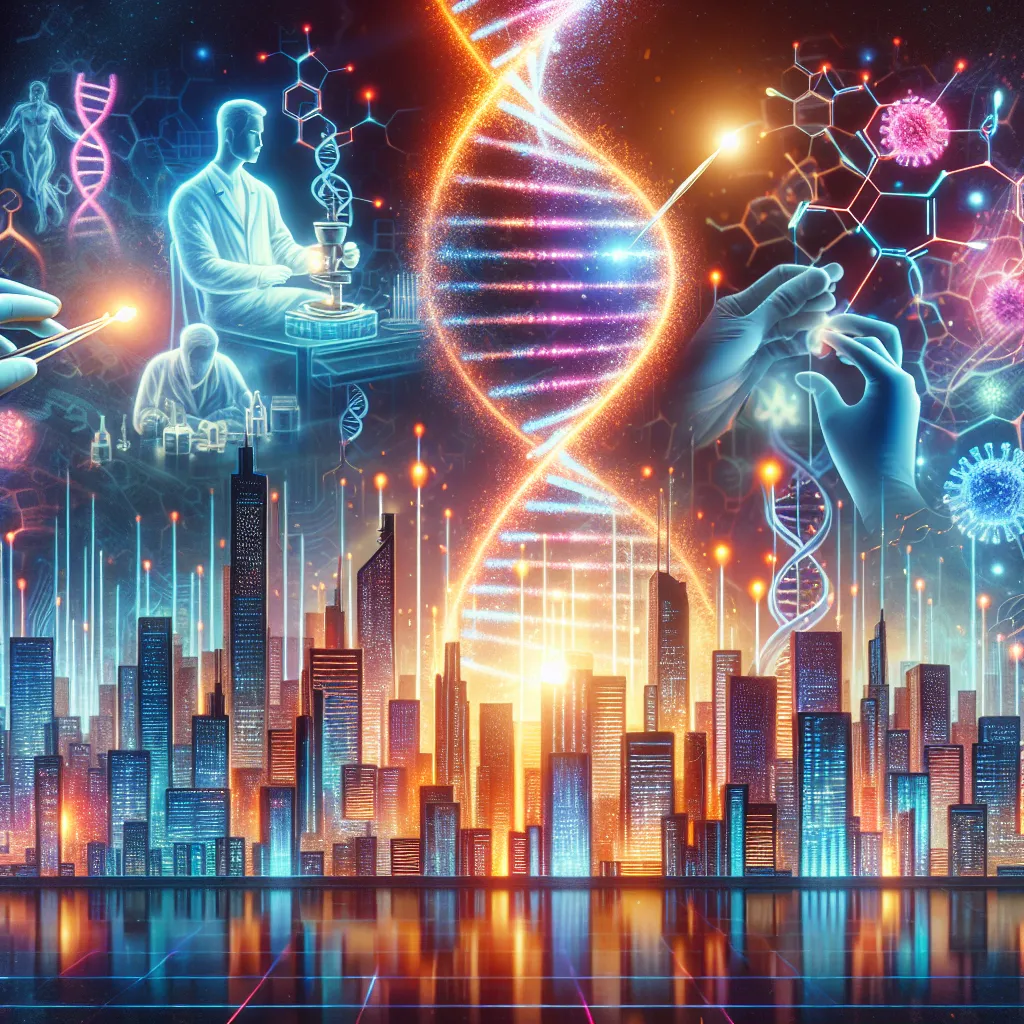Imagine being in the 1980s and hearing that computers would transform shopping, dating, and the stock market, connecting billions through a web, and that you’d own a device more powerful than supercomputers. It sounds wild, yet it happened.
Today’s game-changer? Genetic engineering. Let’s dive in.
Humans have been tweaking life for ages through selective breeding, refining plants and animals without knowing the science behind it. Then, DNA was discovered—our life’s blueprint, a molecule that holds the instruction manual for growth and reproduction. Change the DNA, and you change the organism.
In the 1960s, scientists caused random DNA changes with radiation, hoping for beneficial outcomes. The 70s saw DNA snippets added to bacteria, plants, and animals, leading to major advances in research and medicine. By the 80s, genetic engineering went commercial with a microbe patented to absorb oil. Insulin and other critical chemicals were now produced by modified cells. The Flavr Savr tomato introduced GM foods in 1994, designed to last longer on shelves.
Then came CRISPR, the real revolution. Genetic edits that took years now take weeks and cost a fraction of what they did, democratizing genetic research. CRISPR uses bacteria’s natural defense mechanisms against viruses: a system storing virus DNA in a CRISPR archive, then using CAS9 proteins to cut out virus DNA during an attack. CRISPR is programmable, applicable to any cell, and incredibly precise.
CRISPR’s magic was proven in 2015 when it removed HIV from patient cells in the lab and later from rats. CRISPR could potentially cure HIV, cancer, and other genetic diseases. It could also enable the creation of genetically modified humans or “designer babies.” These changes would pass on to future generations, altering our species permanently.
This tech could remove genetic diseases, or enhance traits like intelligence and physical endurance. It might even let us slow or stop aging, extending lives significantly.
There are big ethical questions. Could genetic engineering create a class divide, or a world obsessed with “perfection”? Yet, we’re already testing for genetic diseases during pregnancy, making decisions based on that info.
CRISPR isn’t flawless. Mistakes happen, and unknown effects might surface. As we explore this, it’s crucial to proceed with caution and transparency.
The future holds potential for both wonders and perils. Should genetic editing be banned, or should we guide its development? It’s up to us to shape this technology responsibly, ensuring it benefits all humanity while we travel toward an era reminiscent of science fiction.
Genetic engineering is no longer a distant dream but tomorrow’s reality, primed to offer immeasurable benefits and significant challenges.






